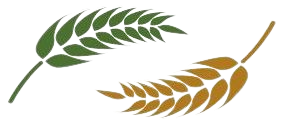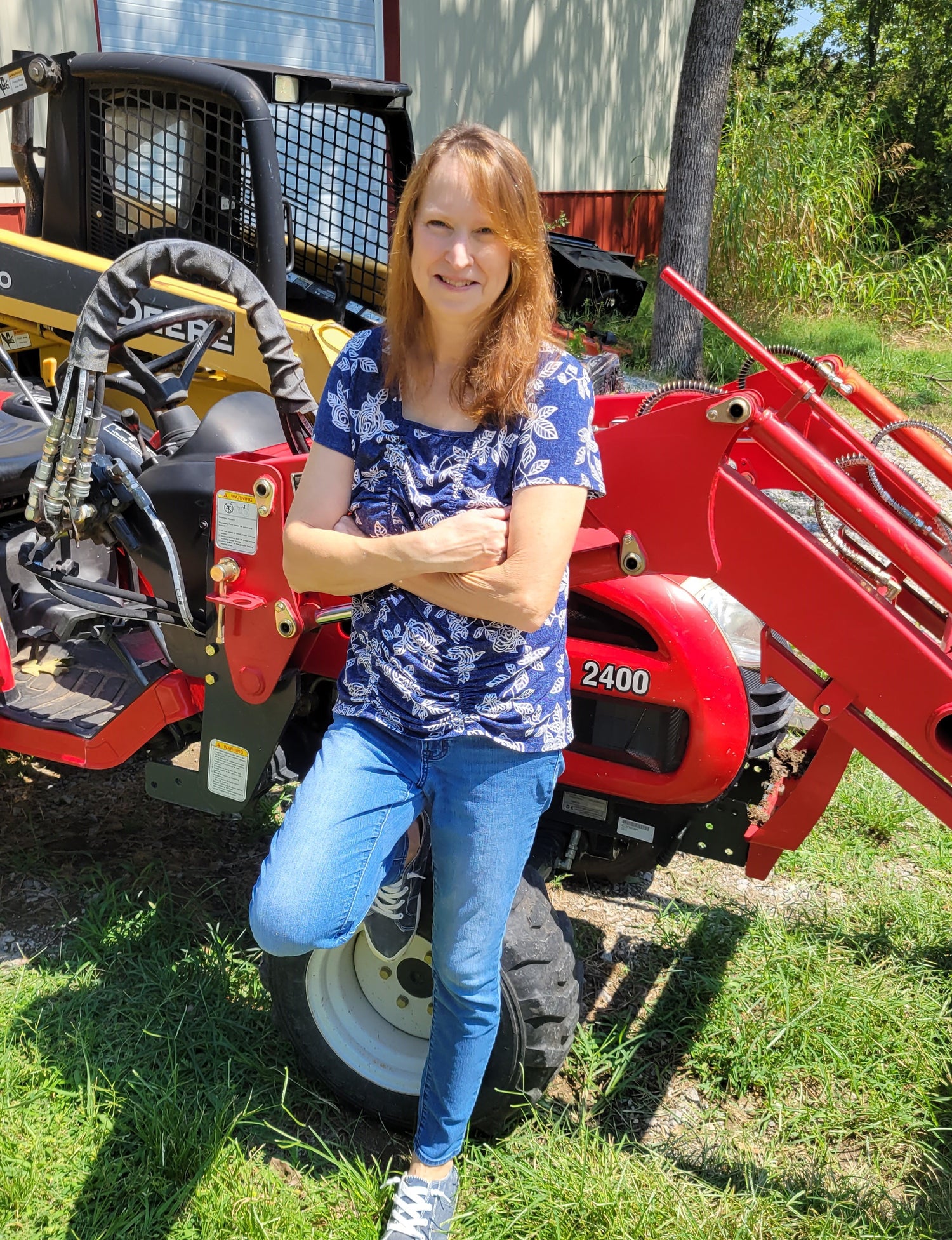
When it comes to transforming ordinary soil into fertile ground for flourishing gardens, European Nightcrawlers (Eisenia hortensis) hold a special place among vermicomposting enthusiasts. These earthy gardeners offer a set of characteristics distinct from both Indian Blue Worms and Red Wigglers, making them a valuable addition to any gardener's toolkit.
In this blog post, we will explore why European Nightcrawlers are celebrated for their contributions to soil enrichment and gardening success.
The European Nightcrawlers: A Brief Introduction
European Nightcrawlers, also known as Belgian Worms or Super Reds, are a species of earthworms prized for their larger size, typically ranging from 3-5 inches in length. They possess a reddish-brown coloration and are more robust compared to Red Wigglers, but not as large as Indian Blue Worms.
European Nightcrawlers are a popular choice for vermicomposting due to their voracious appetite for organic matter and their ability to thrive in a wide range of conditions.
Composting with European Nightcrawlers
1. Versatility in Diet: European Nightcrawlers are versatile eaters, consuming a diverse range of organic materials. From kitchen scraps to garden waste and even cardboard, they efficiently process a wide variety of inputs, resulting in high-quality castings.
2. Deep Burrowers: One of the distinguishing features of European Nightcrawlers is their ability to burrow deep into the soil. This behavior not only enhances aeration and drainage but also allows them to access deeper organic matter, ensuring that their composting efforts extend to various soil layers.
3. High Nutrient Content: The castings produced by European Nightcrawlers are nutrient-rich and packed with essential elements like nitrogen, phosphorus, and potassium. The higher nutrient content of these castings is beneficial for supporting the growth and development of plants.
4. Robust in Outdoor Composting: European Nightcrawlers are well-suited for outdoor vermicomposting, especially in regions with milder climates. They are known to thrive in garden compost heaps, working tirelessly to break down organic waste.
Soil Web and Gardening Benefits
1. Improved Soil Structure: European Nightcrawlers' burrowing activities create deep channels in the soil, enhancing its structure and allowing plant roots to penetrate more deeply. This, in turn, leads to improved water infiltration and nutrient absorption.
2. Enhanced Soil Fertility: The castings and mucus secreted by European Nightcrawlers enrich the soil with beneficial microbes and enzymes, bolstering the soil's fertility and overall health. This heightened microbial activity contributes to increased nutrient availability for plants.
3. Increased Water-Holding Capacity: The presence of European Nightcrawlers in the soil aids in creating pore spaces, which improves the soil's water-holding capacity. This ensures that plants have access to a steady supply of moisture, reducing water stress during dry periods.
4. Reducing Erosion: European Nightcrawlers' burrowing behavior plays a vital role in reducing soil erosion by stabilizing soil particles and promoting healthier soil structure.
Conclusion
European Nightcrawlers stand as remarkable allies in the world of vermicomposting and soil enrichment, offering distinct advantages that cater to a gardener's needs. Their versatility in diet, deep burrowing abilities, and preference for outdoor composting make them exceptional composting partners.
Through their diligent efforts, European Nightcrawlers improve soil structure, enhance nutrient availability, and increase water-holding capacity, resulting in robust and productive gardens.
By embracing European Nightcrawlers as earthy gardeners, gardening enthusiasts can unlock the secret to vigorous soil and abundant harvests while nurturing the environment with sustainable practices.

